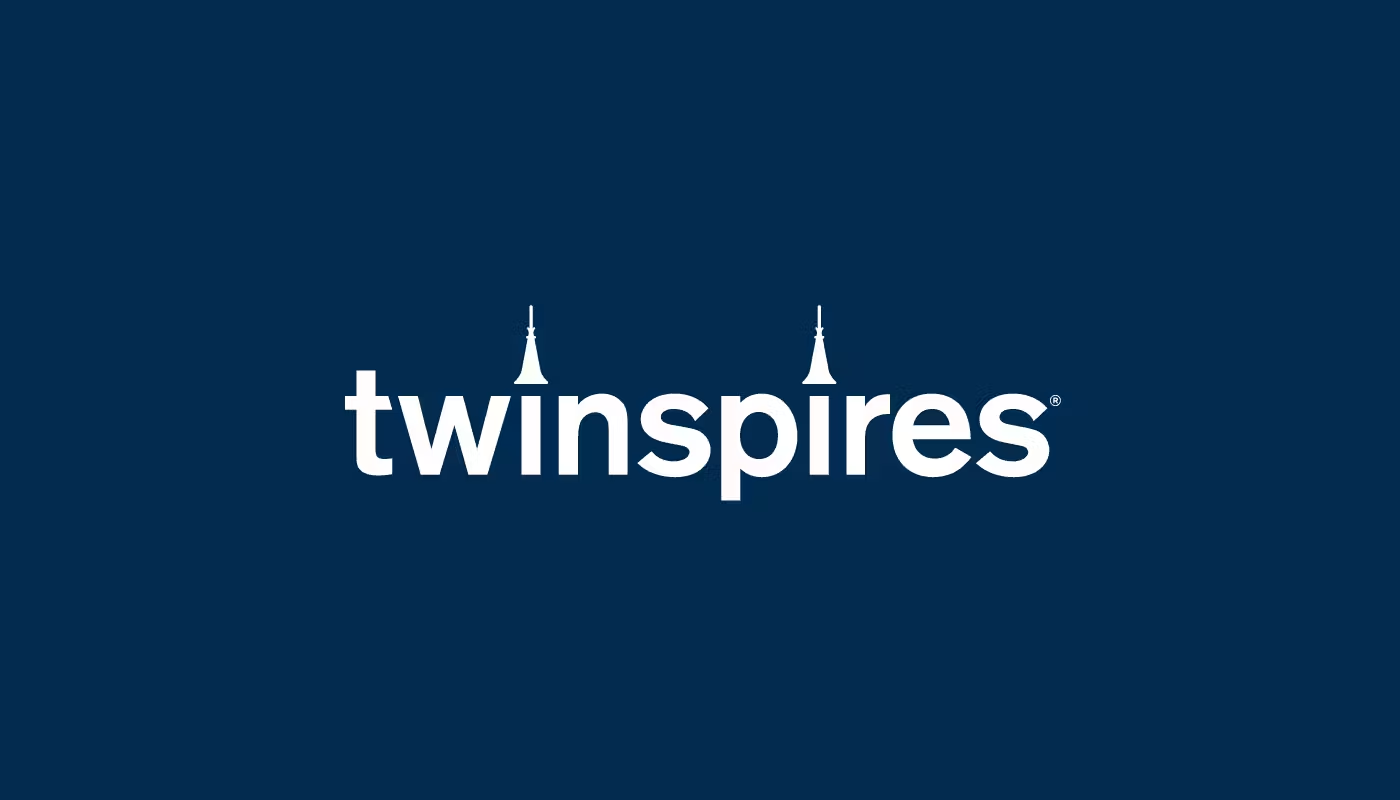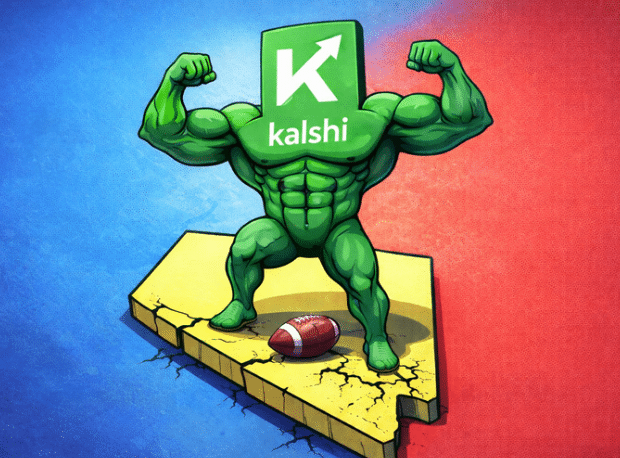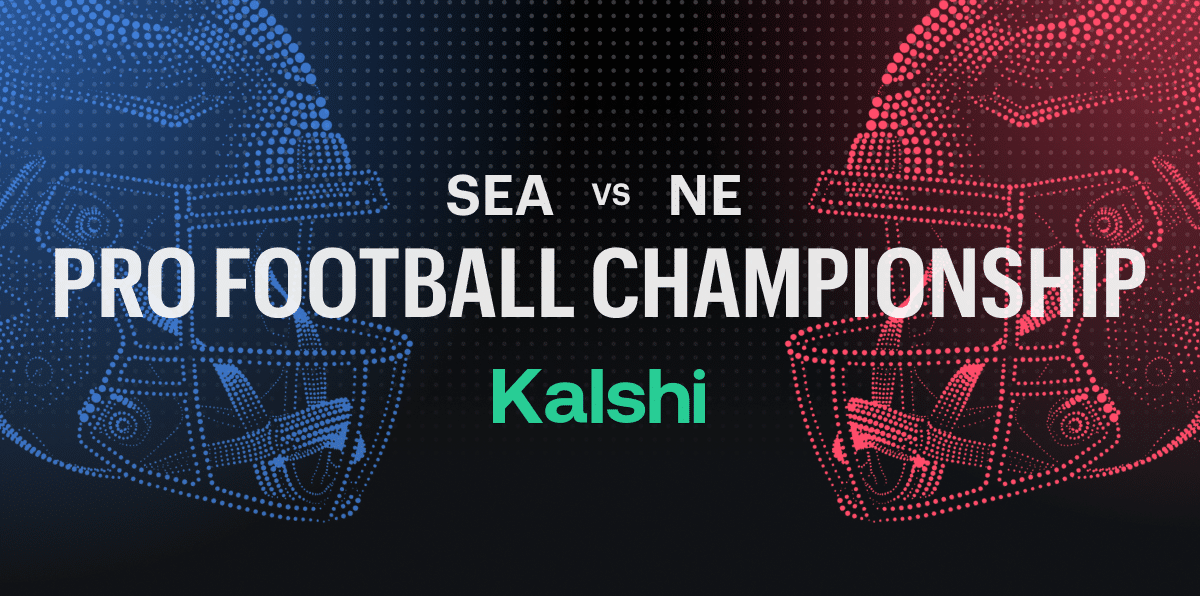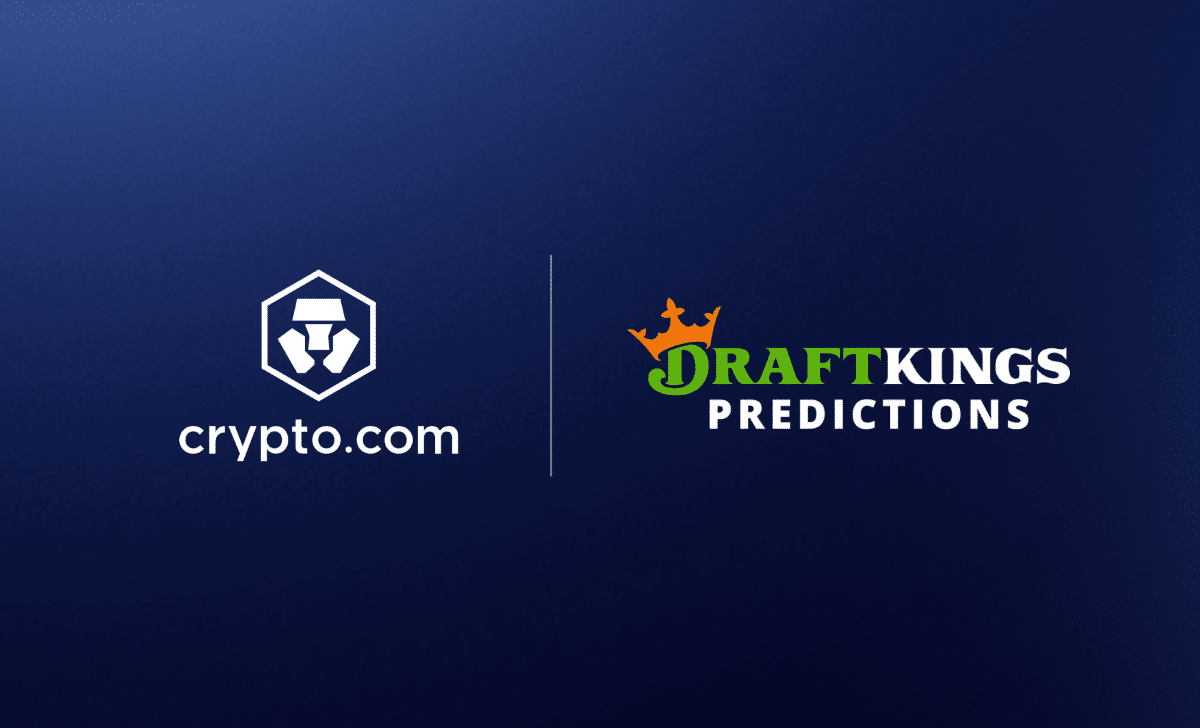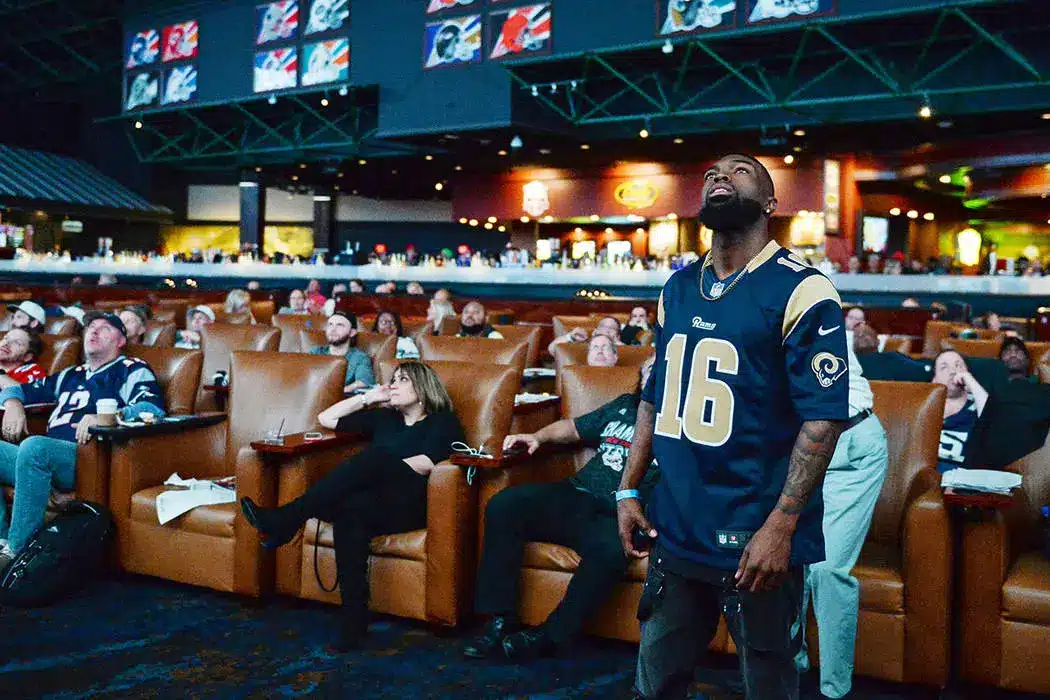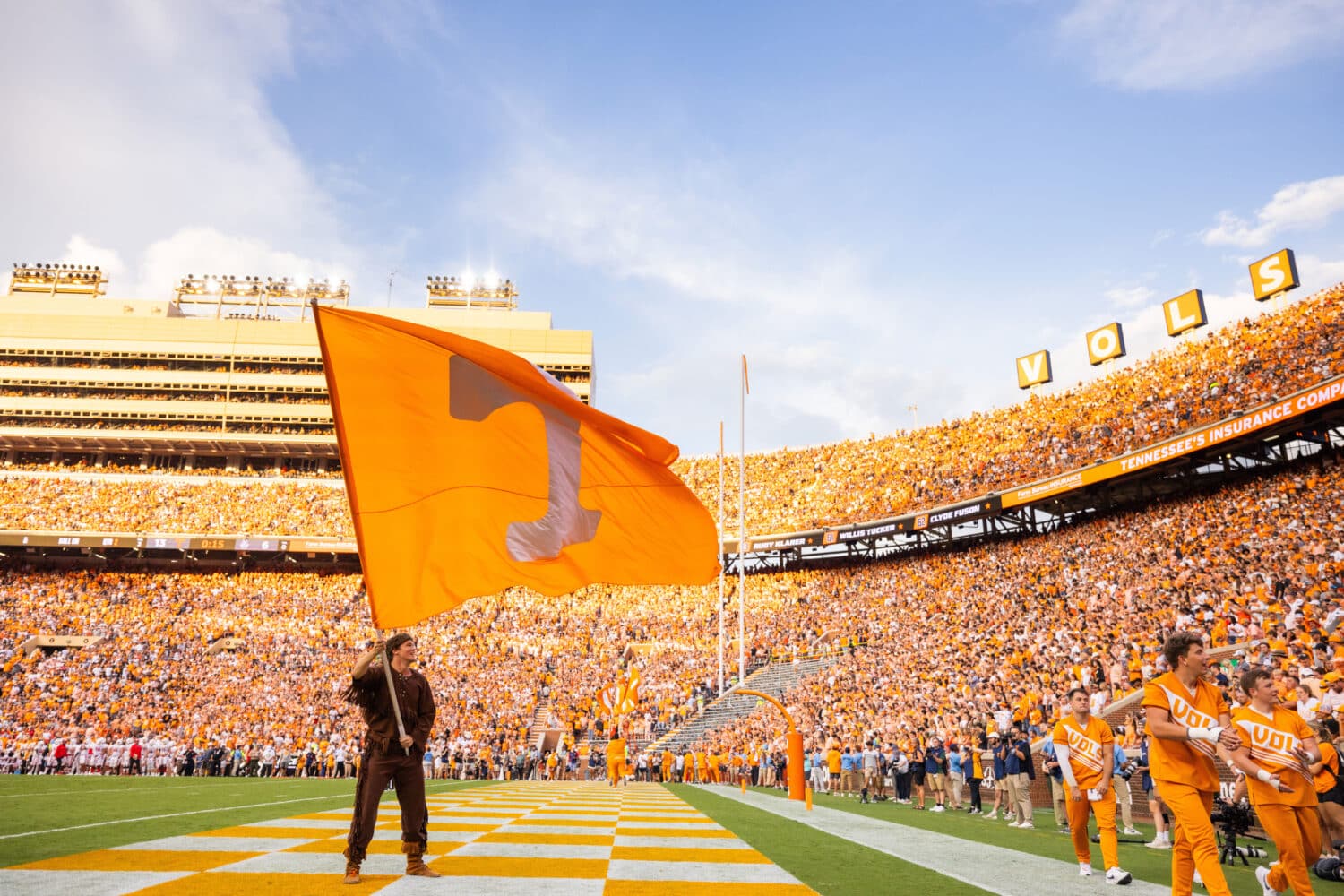
US online gaming and esports: The i in team

As chief executive of Askott Entertainment, an online gaming development company, Scott Burton is accustomed to placing outbound calls where he gauges interest in the immersive offerings of esports and casino style products.
However, since the spread of COVID-19, it’s been Burton’s phone that’s ringing off the hook. Esports, long outcast from mainstream betting, is suddenly one of the coolest kids on the block. “The groups that don’t have a good offering in terms of esports betting are reaching out to see how quick they can get one up because they know that they’re missing out on a good market right now,” Burton says.
The sudden and unexpected cancelation of sports leagues led to a dearth of betting content this spring, forcing operators and state governments to gravitate toward online gaming as a revenue lifeline.
Whether online gaming can realize its full potential depends on how soon sports leagues return to action and casinos reopen, as well as the success of operators at retaining new online players. Also important is whether regulators take on more urgency to get online gaming up and running in new markets.
Online gaming experienced an initial wave of interest in late March as domestic and international sports came to a halt and nearly all of the United States fell under a
state-at-home order.
“We’ve seen significant growth, and this is no surprise to anyone,” said Aviram Alroy, Mohegan Sun VP of interactive gaming, during an ICE North America expert panel on online gaming. “What’s really interesting is that the growth we’re seeing is from people from our brick-and-mortar database a lot more than the general public.”
Mohegan Sun offers an online casino for New Jersey residents and partners with Unibet for a Pennsylvania online casino and sportsbook.
An easy-to-play, accessible interface is essential for brick-and-mortar brands like Mohegan Sun, who depend on an older consumer base.
“I think that is very encouraging for us to know that people who cannot go to casinos right now are able to go and play online and are not afraid from that hurdle of playing online,” Alroy said.
Regulated online poker is available in four states: Pennsylvania, New Jersey, Delaware and Nevada. Of those four, all but Nevada also offer online casino games.
New Jersey is the clubhouse leader for online gaming. The Garden State earned a record online gaming revenue of $80m in April, a year-on-year increase of 119% and a 23% jump from March.
“With no other great options to make money, online casinos are their overwhelming focus at the moment,” says Dustin Gouker, lead analyst for PlayUSA.com and PlayNJ.com. “The biggest question is just how much the casinos will change behavior and acquire customers actively rather than passively.”
Pennsylvania also set an online gaming revenue record in March ($24m) and the number is sure to rise in April. The state’s online growth took off in January, when Valley Forge Casino introduced its FanDuel Sportsbook; Valley Forge brought in $6m of online revenue in February. FanDuel has responded to the drop off in live sports by adding baccarat, video poker and land-based slot titles to its online gaming library.
“It would be unusual to see the growth sustain forever, obviously,” Jesse Chemtob, GM and VP of Casino for FanDuel told the ICE panel. “For so long as we see some sort of modified behavioral changes from the general public, with these stay-at-home orders and what local governments are implementing from a public health perspective, we should expect to see some organic migration of land-based customers trying online for the first time.”
Pennsylvania online poker is limited to PokerStars, which launched last November under the Fox Bet umbrella. PokerStars recently held a “Sunday Million” contest that attracted more than 93,000 entries with a prize pool of $16.8m; PokerStars earned record online revenue of $3.1m in March.
“It’s been amazing to see the feedback and watch the live chat where players have been exclaiming how much fun it is to be playing with us,” Eddie Motl, VP of communications for Fox Bet. “Right off the bat, our first ever Pennsylvania Championship of Online Poker broke our $1 million guarantee. Our Spring Championship is taking place right now and is so far getting a great turnout.”
Delaware and Nevada are also seeing tremendous online poker growth with legal poker sites hitting record traffic according to Gouker.
Nevada is under enormous pressure to improve gaming revenue, which fell almost 40% in March. In April, the Nevada Gaming Commission took the unusual step of approving esports wagers for four leagues, an indication that bookmakers were in need of more content beyond Ukrainian table tennis.
The early-April NBA 2K Players Tournament demonstrated the risk of bookmakers accepting esports contests. Someone leaked results of the pre-recorded contests, allowing savvy bettors to take thousands from sportsbooks. Bookmakers were forced to pull the plug on the event midway through.
“Regulators and bookmakers aren’t entirely comfortable with booking all esports events,” Gouker said. “And there are only so many events that are big enough for it to make sense. In addition, eSports have also seen a number of high-profile match-fixing and gambling-related sanctions and issues in recent years.
“The daily fantasy side of esports for DraftKings and FanDuel are more immune to that, as it’s almost impossible to fix a DFS contest.”
Other esports events have found better success, including NASCAR’s iRacing product. Penn National, which partnered with the auto racing league in February, quickly incorporated eNASCAR into its free-to-play mobile app.
Boom Sports CEO Stephen Murphy, who helped develop Penn National’s NASCAR Finish Line app, says: “Gaming is one of the few industries that has started to skyrocket in popularity
in the past couple months. It’s more important than ever that media companies, teams and leagues invest in what a mobile gaming or mobile viewing experience would look like. We expect our type of products to be in high demand.”
For online gaming to sustain its growth in coming years, more states must follow the lead of Michigan, which legalized online gaming in December in conjunction with a sports betting bill.
Earlier this year, Michigan regulators also said that online casino games wouldn’t get off the ground until 2021. That process could be expedited in the absence of brick-and-mortar casino revenue.
“Without those gaming dollars, that revenue from the commercial three casinos in the city of Detroit, we’re left with significant budget shortfalls,” Michigan Representative Brandt Iden told the ICE panel. “We are moving quickly. The rules are out. We’re waiting feedback on those hopefully with an implementation period sooner than the one year that was originally discussed and written into the legislation.
Iden said that Michigan is trying to expedite its process by provisionally licensing operators who are already licensed in other states. Even if Michigan can regulate online gaming ahead of schedule, the state faces another problem. Casinos and operators who had planned on a year-long process to build out their platform would be playing from behind to get their products up, putting them at a competitive disadvantage.
“In fact they may not put the investment into Michigan that they originally anticipated,” Iden adds.
Ultimately, the concern for individual operators may be overridden by states’ urgency to add revenue amid record budget shortfalls.
“We’re hopeful that states look at this as a way to drive incremental tax revenue that they may not be receiving from other areas where they’re having budget deficits,” Chemtob told the panel. “So [online] gaming could be a way to help fill that hole. We’re hoping that states look at it as a way to have a complimentary offering with land-based entertainment options with the casinos and sportsbooks.”
Explore Our Trusted Gambling Resources
Discover essential guides to casino sites, betting platforms, and crypto casinos – updated for 2026.
- Top Rated Gambling Sites for February 2026
- Top Online Casinos in the US
- Top 10 Betting Sites Ranked
- Crypto Casinos
- Offshore Casinos
- Leading Canadian Casino Sites for February 2026
Tags/Keywords
Players trust our reporting due to our commitment to unbiased and professional evaluations of the iGaming sector. We track hundreds of platforms and industry updates daily to ensure our news feed and leaderboards reflect the most recent market shifts. With nearly two decades of experience within iGaming, our team provides a wealth of expert knowledge. This long-standing expertise enables us to deliver thorough, reliable news and guidance to our readers.

